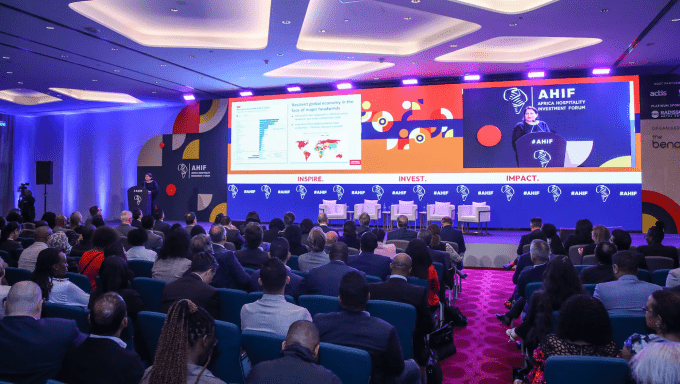A new report shows that 76% of companies across Sub-Saharan Africa as susceptible to financial crime, despite the fact that an average of 5% of global turnover is being spent on customer and third-party due diligence checks.
Globally, the number stands at 72%, according to the 2019 report by Refinitiv, one of the world’s largest providers of financial markets data and infrastructure.
Gaps in formal compliance persist – globally, over half (51%) of external relationships did not have an initial formal due diligence check at the on boarding stage and this situation was echoed by 46% of respondents across Sub-Saharan Africa.
Respondents are, however, aware of the potential of innovation and that technology can help organisations to turn the tide and win the war against financial crime.
According to the report, over two thirds (69%) across the region are struggling to harness technological advancements, with a greater percentage in Nigeria (71%) than South Africa (66%) expressing this concern.
A lack of digitisation is evident and may be stalling progress – across the region just 56% of the data and legal documentation actually obtained to carry out due diligence is in a digitised format.
Respondents remain committed to working together to combat financial crime, with 86% across the globe and 85% across Sub-Saharan Africa saying that they consider the benefits outweigh the risks when sharing information and collaborating against financial crime.
“Clean, complete and reliable data is the foundation of effective due diligence. This, combined with invaluable human expertise and the right technology can create a powerful combination to fight back against financial criminals,” it says.
According to the report, 80% of firms in Nigeria are aware of financial crime in their global operations.It says 43% of external relationships in South Africa and 48% in Nigeria did not have an initial formal due diligence check at the onboarding stage.
On the other hand, 100% in Nigeria and 97% in South Africa Mexico believe that technology can significantly help with financial crime prevention.66% in South Africa and 71% in Nigeria struggle to harness technological advancements.
In Nigeria, just 55% of collected data and legal documentation used to carry out due diligence is in a digitised format. 78% of companies in Nigeria and 66% in South Africa are prioritising automation and digitisation for investment.
Globally, 81% of companies and 83% in Sub-Saharan Africa say data privacy regulations are restricting their ability to collaborate against financial crime. The report also shows 88% of firms across Sub-Saharan Africa believe humans are a necessary asset to source trusted data and train algorithms.
Read: Burger King opens its first drive thru in Kenya
It says 90% of companies in Nigeria (the highest in the region) can consider that the benefits outweigh the risks when sharing information and collaborating against financial crime.Globally, 59% of companies adopted new technologies to plug compliance gaps.





![Interior PS Dr Raymond Omollo during a consultative meeting with Japan International Cooperation Agency (JICA) Kenya Chief Representative Shinkawa Makoto. [Photo/Dr Raymond Omollo/Facebook]](https://businesstoday.co.ke/wp-content/uploads/2026/02/Ray-200x133.webp)





![54898599564 ff24dcb84f o[85] (1)](https://businesstoday.co.ke/wp-content/uploads/2025/11/54898599564_ff24dcb84f_o85-1-680x454.webp)

Leave a comment